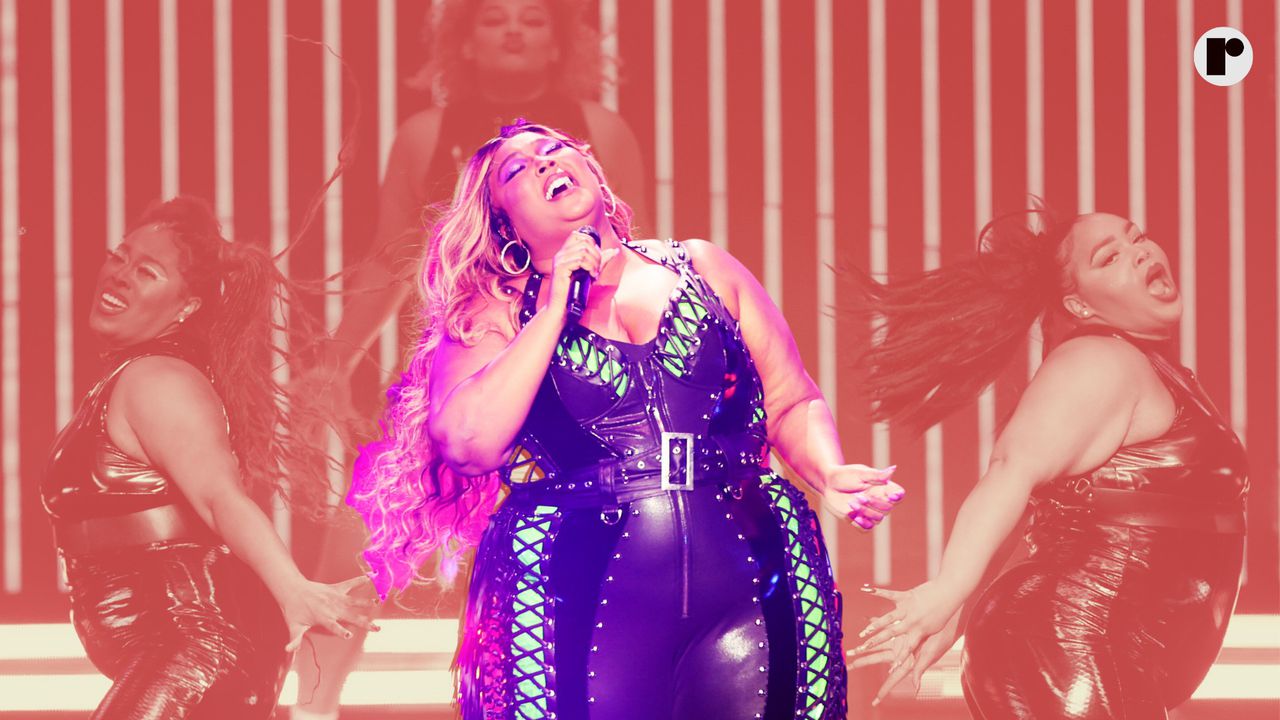PERSPECTIVES: Itâs okay to be hurt and gutted by the Lizzo allegations
When former backup dancers for pop star Lizzo filed a bombshell lawsuit last week alleging multiple discriminatory and abusive behaviors, social media went buzzing, with some using the lawsuit as an example to show that we shouldn’t put celebrities on a pedestal.
Discouraging hero worship is good, but what gives me deep pause is when people think that feeling disappointed means they made a mistake in judging someone. It’s totally normal to feel hurt when someone you looked up to behaves badly.
Sure, the message of not idolizing celebrities is important, but is that the most useful thing to focus on right now?
This instance strikes especially hard because Lizzo’s message of self-acceptance, deserving to be loved as you are and excellence without conformity was a boon and a balm in a world that consistently tells us we aren’t good enough, especially if we aren’t white, thin, straight, cis. Her success was not just the success of her musical talent, but felt like a success of our own possibilities.
Rather than conforming to molds, if we realized our own exceptional authentic selves, we could be fantastically and glamorously ourselves – because she does! We loved Lizzo not just for her celebrity but her reality.
A talented musician, a skilled flutist and a rapper, she brought something unique to the music scene with hits like “Good As Hell,” which has become a pop anthem for the ages.
But as a Black woman, she contends with the standard dose of misogynoir, with her body being an actual battleground for values on both sides from “glorifying obesity” to an icon of positivity. Imagine having Kanye West calling you fat, and then a news outlet turning it into a whole op-ed. At the same time, she’s also graced the cover of Vanity Fair, being open about these hurtful attacks.
The way Black women have been treated in all aspects of our society, from college admissions to education to the very sanctity of the electoral process have been the bellwether for the disastrous condition of our civic world.
Add to this that it’s impossible to discuss any of this in any serious way without talking about the trauma of the last few years of a still-ongoing pandemic, racial reckonings, the loss of queer AND reproductive rights and a planet factually boiling us like the proverbial frog.
All of this is happening after celebrities like Jonathon Majors, Depp-Heard, Megan The Stallion and Tory Lanez, have been in the spotlight with trials and scandals, and they’ve kept us entertained during lockdowns and now during the WGA/SAG AFTRA strike.
We are all a wee bit touchy. This is just a lot and it’s been a lot for a WHILE.
This Lizzo lawsuit now has someone, whose working conditions have been largely unknown to us, being exposed in bad light at the height of a discussion about labor. Even if it was something we ignored as part of her very personal message, we are now reminded starkly that — while as an artist she is singular — Lizzo seems to be very similar to the exploitative bosses that many of her peers are now fighting.
It’s especially gutting and confusing to hear that Lizzo – a Black fat woman – may have treated other Black fat women who helped make her image as terrible or more terrible in private as she herself was treated in public.
So, how do we handle this?
For me, the celebrity section of this story is becoming predictable and sad. Statements and interviews will come out to manage narratives, money will be spent and the focus will shift to scandalous details, distracting us from the icky feelings we have. People will speculate on how differently the situation would be treated based on who’s involved or targeted, even if those factors hit uncomfortably close to home.
And what if we, for once, just didn’t? What if we took the time to sit with our feelings, figuring out how to achieve what we want without making those same mistakes? Let’s not rush into a solution but instead learn and grow from this experience.
The recent allegations about how she handled her art and business won’t change what she meant to us in the past, but they may affect what she represents moving forward.
Each of us will need to understand what this means for ourselves and it will be more complicated than before. In a world where everything has become even harder, we need to take our time to reflect and find a solution that doesn’t repeat the same mistakes.
Lizzo represented the change we hoped for, but she might have rushed towards her new success, resulting in the same mistakes that undervalue the people she represents the most.
